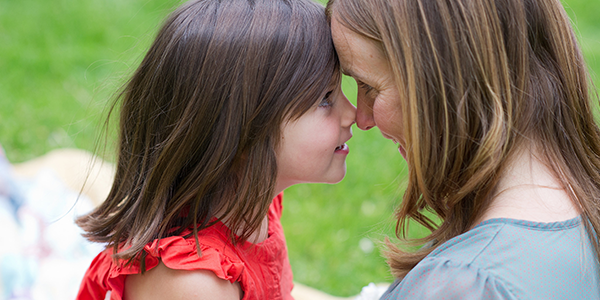[spb_text_block animation=”none” animation_delay=”0″ simplified_controls=”yes” custom_css_percentage=”no” padding_vertical=”0″ padding_horizontal=”0″ margin_vertical=”0″ custom_css=”margin-top: 0px;margin-bottom: 0px;” border_size=”0″ border_styling_global=”default” width=”1/1″ el_position=”first last”]
Teaching gratitude to our children is a wonderful gift we can give them that builds their ability to recruit positive thoughts when faced with life’s challenges. We all ask our children to say thank you regularly but sometimes it feels as if we are creating more of a habit then a true understanding of gratitude. In fact, some of the most effective gratitude lessons come from helping children recognize three key concepts: intention, cost and benefit.
Intention
Helping is often intentional and teaching children the intentional nature of this effort can increase the level of gratitude they experience. Have your children be on the lookout for times when someone has gone out of their way to help them.
Cost
When someone does something for us they are frequently giving up something for themselves. This could be time, money, effort, etc. Have a conversation about what these costs may be when your child has identified intentional helping in their lives. This will help them to understand the meaning behind doing something for someone else, and what it means when someone does something for them.
Benefit
Lastly, it is important to recognize and understand the benefit we receive or give to others when we help. Helping your child to understand the benefits of giving and receiving kindness, will increase their levels of gratitude.
Gratitude is a skill that can be developed throughout life and can help us to lead happier, more fulfilling lives. By taking the time to help your children identify and understand gratitude (the intention, costs and benefit of helping another person) they will be able to develop that skill and integrate it into their lives everyday. Create a family mission to identify these principles in your own lives and start a gratitude journal to thoughtfully record, reflect and share these moments of gratitude with the family.
[/spb_text_block]

